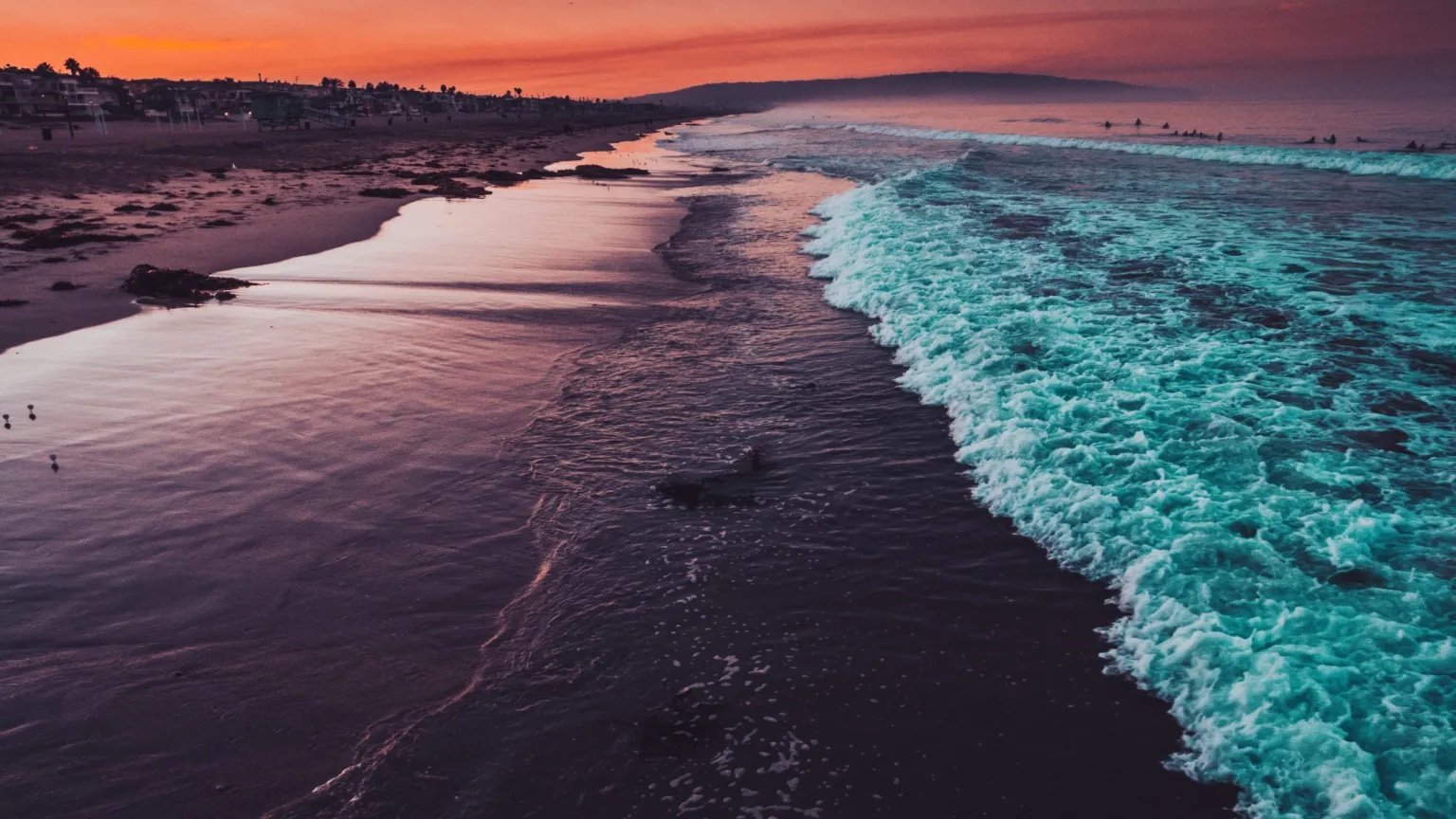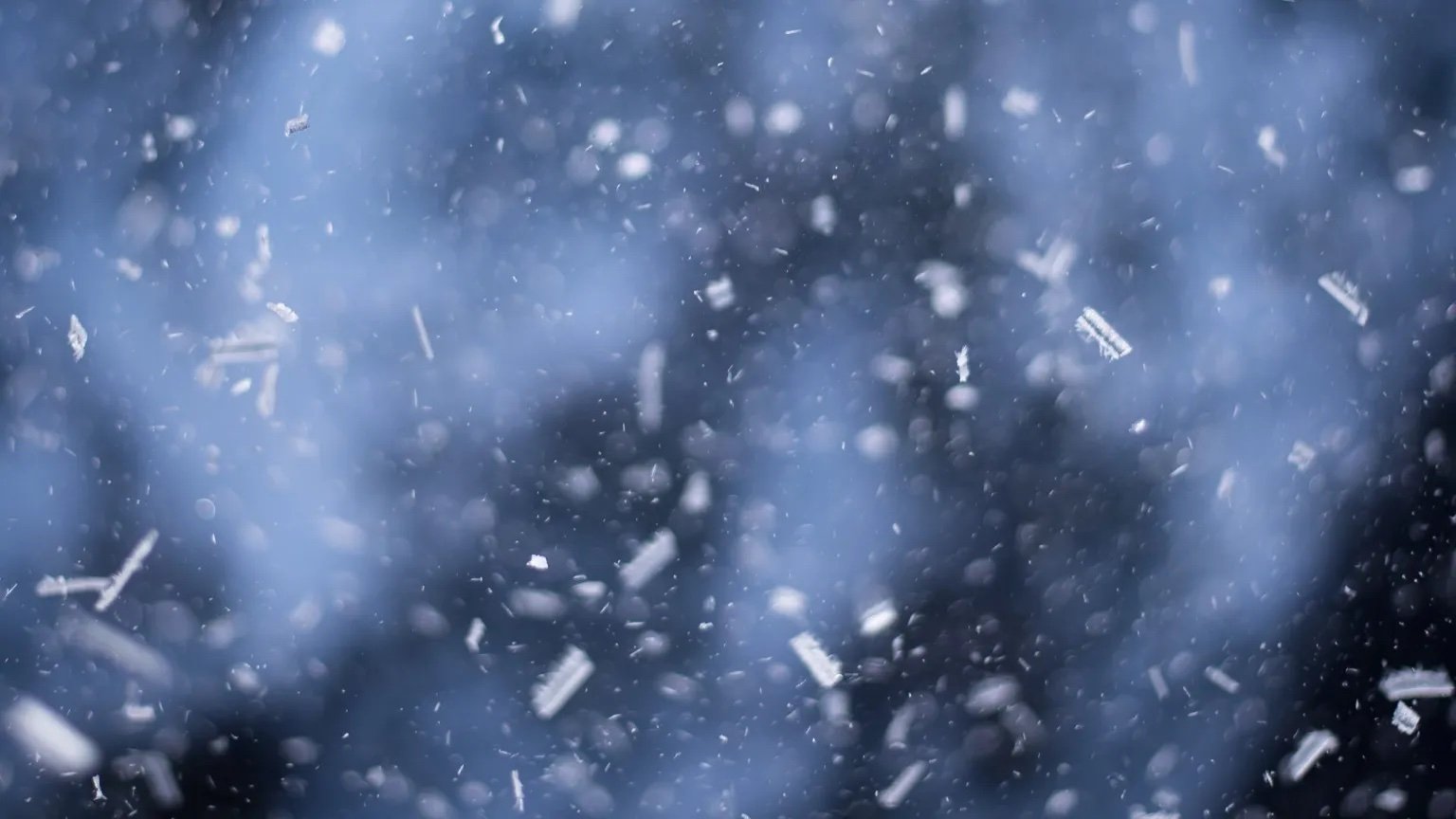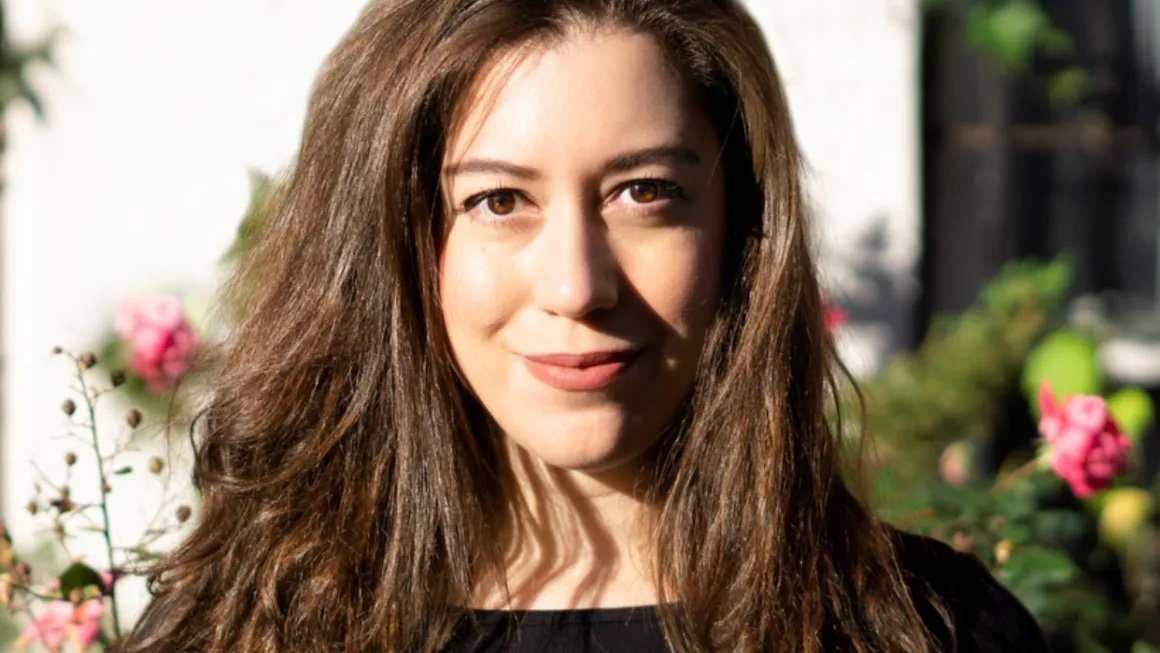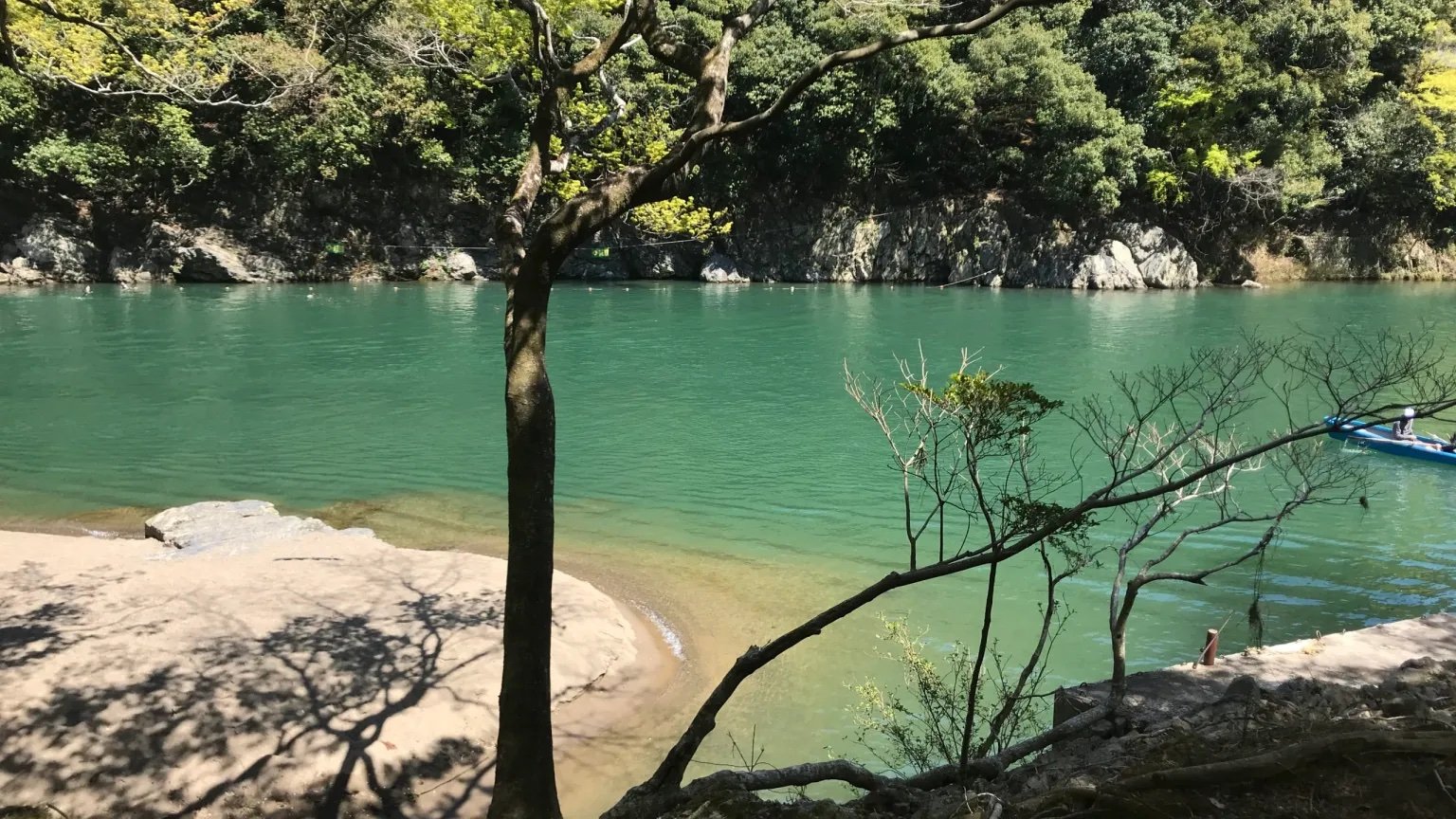The Elizabethan Sonnet
My teeth hurt. A sip of cold water or a quick breath on an icy day was enough to make me wince. I compared my smile to the way it looked in old pictures: the gums were definitely receding.
60 for 60: The Invisible Circus
If, like me, you’re eagerly awaiting the release of Jennifer Egan’s latest novel The Candy House next month, you’ll appreciate how serendipitous it felt to find this excerpt from her debut novel in the Columbia Journal archives.
5 Poems by Li Xiaoyang (pen name Cong An)
Fastened to keys and thieves in its fate
Just as life is fastened to the bright and degenerate,
To forgiveness or silence.
60 for 60: [So much joy! We have come as close as we dared, Lord]
This past week, many of my waking thoughts have strayed towards Ukraine, as I am sure is true for many. Between fear of nuclear threats from Russia, the danger of totalitarianism in Europe, and moving portraits of everyday citizens taking up arms, international consciousness is riveted to this disturbing development.
60 for 60: Details
I think often about grief writing and almost always in relation to how a professor once told me to underwrite grief, that to downplay it was the most effective way to portray the condition.
The Language between Worlds: A Conversation with Poet Carlie Hoffman
What does it mean to occupy an “Alaska of the mind”? Is it possible to write into and against the world of your own poems? In her debut poetry collection, This Alaska, Carlie Hoffman maps a vast, sparsely populated, and glacial terrain, choosing this landscape as the place of her reckoning with her childhood, grief, suffering, love, and hope. A poet, translator, and educator, Hoffman’s honors include a 92Y Discovery Poetry Prize and an Amy Award from Poets & Writers, among others. In conversation with Nina Reljić, a Columbia MFA student, Hoffman discusses her writing methodology and how some answers exist at the bottom of an endless well.
Towards a Black Orange
We can call something white, speak of a white city, we know that white is rarely uniform, that it connotes its varieties. But we cannot just speak of green for example. So many greens! The invasive green of vegetation, of Mother Earth. The green of chemistry. Even mineralogy transits between science and earth, the inert and the living. Verdigris evokes organic rot. Iron sulfate is an antibio, non-friable emerald magnifies the finger and the ear. Green of certain skies, green not terrestrial but cosmic. Green robe of the witch according to Michelet, green of the devil’s beauty. Green of soft silk and breakable glass, green paradox of a hard transparency, of a thin wall that lets one see. Hard to paint with green; all the colors are hard. As for the grays, they all have one color, and every color makes it. With gray, Braque builds form-spaces, the one thing I took from him—quite astounding. In a city, it’s always the reverse. Braque is not a decorative painter but the most secretive urbanistic dreamer—and there is no secret. Neither in a painting nor in a city. I do not propose anything, I say we don’t start from scratch, my impression isn’t a program, is even less a critique; I abstain when I cannot applaud. One must replay the whiteness, the flatness, the impossibility of a center, must play out the singular resistance of emptiness and of nothingness without wanting to refill it with the beautiful or the social. It’s up to the walker to be sound.
60 for 60: The First Gate
This initial version of Marie Howe’s “The Gate” appeared in our 1996 winter issue—coincidentally the year and season of my own birth. For a number of reasons, I’ve been obsessed for a while with the concept of a gate: the gates that we keep, the ones we pass or don’t pass at TSA, the rooms we are kept out of and are forced to break into or recreate outside toxic systems of power. Here, Howe deals directly with maybe the most important door we all must someday pass through.
Chapter 1 from Djinns
Hüseyin… Do you know who you are, Hüseyin, when you see the shining contours of your face in the reflection on the balcony door? When you open the door, stride across the balcony, and a warm breeze caresses your face and the setting sun glimmers between the rooftops of the apartments in Zeytinburnu like a giant tangerine? You rub your eyes. Maybe you’re thinking—maybe every obstacle and every conflict in this life was only there so that, one day, you could stand up here and know: I’ve earned this for myself. With the sweat of my brow.
60 for 60: The Dancing Mariner
It isn’t difficult to want to write about the sea. The open ocean is a cliché that one can’t get away from—at least, I can’t, or don’t, want to. Of the many poems that participate in this ocean-obsession, Coleridge’s weird and wonderful Rime of the Ancient Mariner is about as famous as famous can be. The poem is historically important because Coleridge, by writing in a ballad form, was intending to renew English prosody. (This is at least how he and Wordsworth looked at it.) But the poem is important in another way, too; it’s important because it’s indispensably fun, and certainly unforgettable.
I stole a timepiece
I’m situated now inside the evening
I carry two cold beers in my plastic grocery sac
It feels amniotic and sane
60 for 60: Elsa Minor
Elsa has a problem: she is invisible to everyone. Published by Columbia Journal in 1999, “Elsa Minor” investigates the relationship among mental health, human faith, and absurdism.
“Cut #1 (Kitchen at Noon)” and “Cut #5 (Winds)”
The blade, huge,
on which my daily
panic of a face
60 for 60: World Champion
Tech gadgets, outdoor-grilling gear, and novelty mugs are the gifts that we might expect a son to bestow upon his father. Not so in “World Champion,” a short story by the Israeli writer Etgar Keret, translated from Hebrew by Miriam Schlesinger and originally published in Columbia Journal’s forty-fourth issue. In this tale, a son honors his father’s 50th birthday with both a “gold-plated navel cleaner” and violent revenge.
60 for 60: Just Yesterday
I’ve never gone swimming in a river (I’m not sure I’ve ever encountered a river considered clean enough to swim in), but I’ll never forget William Blake’s words in “The Chimney Sweeper“: “And wash in a river and shine in the Sun.” I doubt that, in Blake’s lifetime, anyone would have much fancied the Thames as a purificatory bath; but that does not stop the imagination from portraying it thus. I don’t think I can avoid rivers in my poetry, either, whether I’ll ever swim in one or not.
Two Yangzhou Poems
On the stand that collapsed
long before my arrival, I halt
and look to the autumn sun—
60 for 60: Late Morning
Marie Howe’s poem “Late Morning” was published in the Winter 1996-7 issue of Columbia Journal. Spare and uncompromising, the poem meditates upon the moments in which grief finds us, upon the mundane details that harbor such horror: “I remember … crumbs and dishes still / on the table, and a small glass bottle of milk and an open jar of raspberry jam”.
60 for 60: Letter to a Lampshade
Anne Marie Rooney’s poem “Letter to a Lampshade,” published in Columbia Journal in 2012, is about so much more than light and the material that enfolds it. The lampshade—the object—becomes a tool for the narrator’s profound introspection: “If I were like you, round, / apologetic. If I could seal closed and fall / into a bed wearing only light.” If only, if only…




![60 for 60: [So much joy! We have come as close as we dared, Lord]](https://images.squarespace-cdn.com/content/v1/64078b07fc55bb62f3100e4e/be81b749-91d5-4614-b05c-6f06b302c49b/alice-kotlyarenko-urt5o3L9gNo-unsplash-scaled.jpg.webp.jpeg)












































